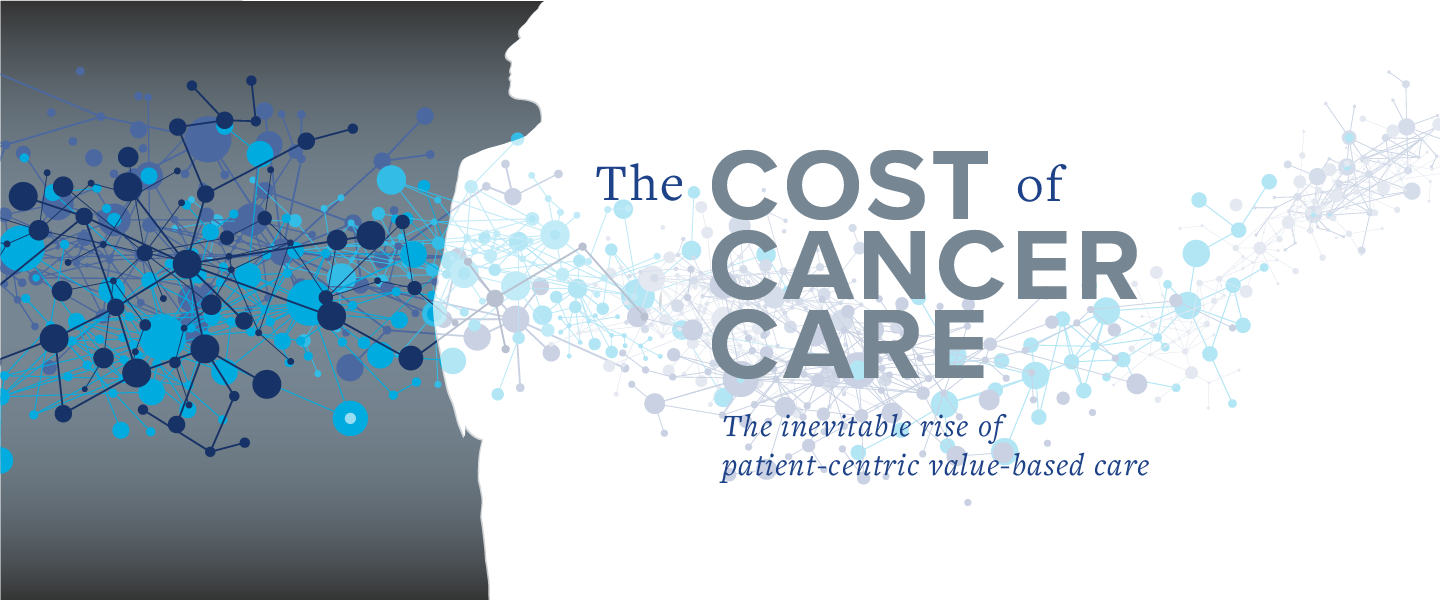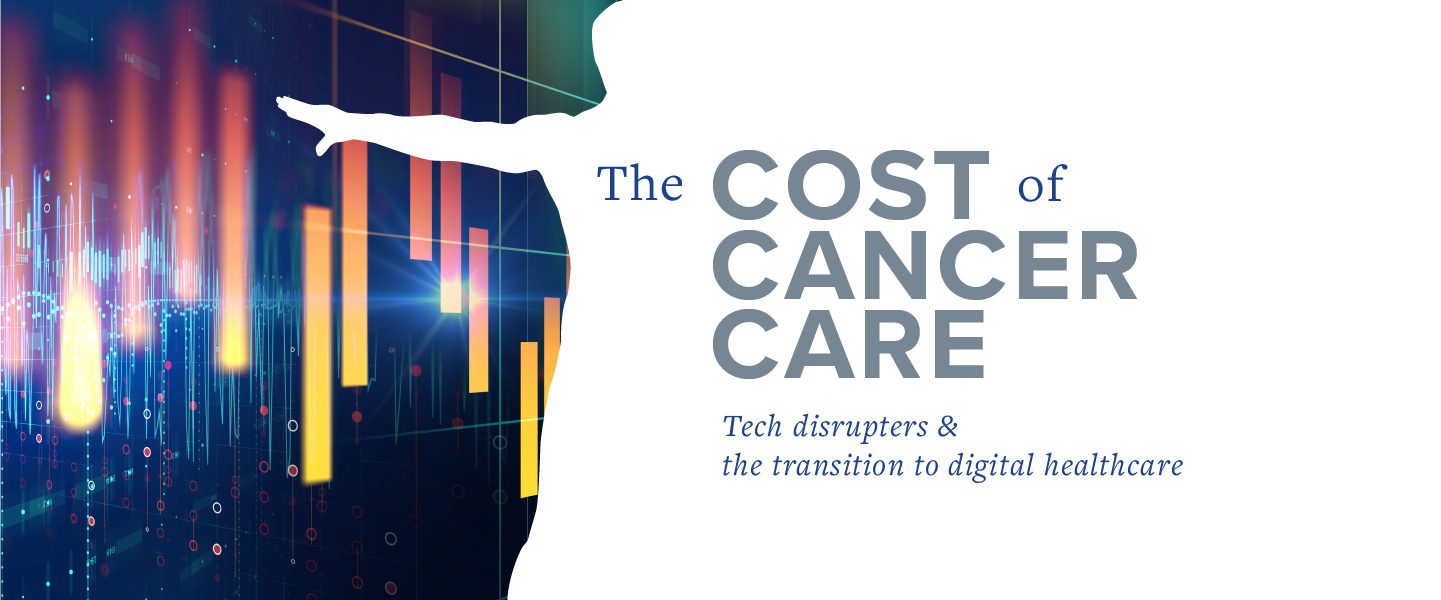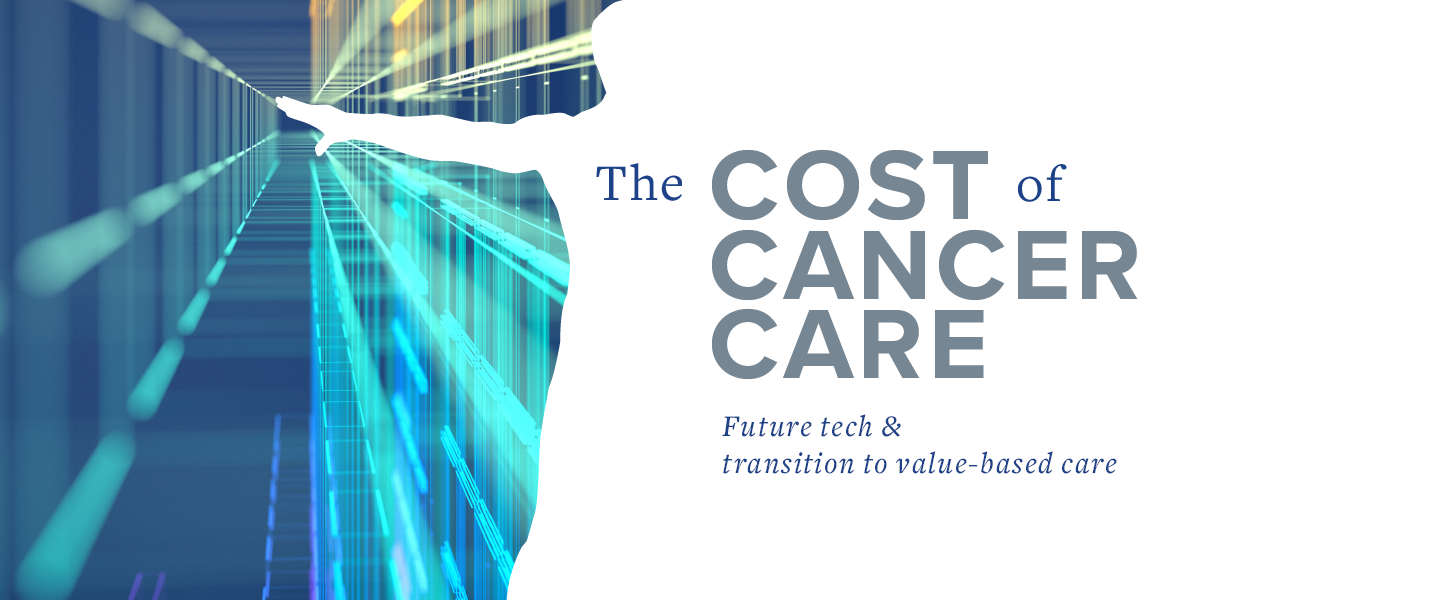In part two of this four-part series from our webinar “The Evolution of Value-Based Care: A Shift to Patient-Centric Care,” we continue our discussion with NantHealth Chief Medical Officer Dr. Bobby Reddy, where he discusses the rise of patient-centric value-based care.
NH: Why is patient-centric value-based care important? Do you think it’s inevitable?
Dr. Reddy: Absolutely. It’s an interesting question that you’re asking. If we break that down, it’s kind of a scary question because not only is it inevitable, it should be what we’ve always been striving to do for all time, right? We really should be at the forefront considering the patients. If we are going to talk about health care, it should be about the patient. That is the primary concern because if we’re not doing it for the patient, then we are not really doing healthcare, we are doing something else. In order to be successful, the end consumer has to be satisfied with that experience. With healthcare, the end consumer is the patient, and I think satisfaction has to, ultimately, be success. We have to drive to a successful outcome for the patient. They have to have improvement in their health. If their health gets worse, that’s not a win, that’s a loss. The patient has to be at the center of that; there’s no doubt.
NH: What is driving the focus on consumer-driven healthcare? Is it that the convenience of online shopping has established new standards for customer service, and people are now expecting similar experiences from their healthcare providers?
Dr. Reddy: It’s funny, we talk about Amazon or Best Buy and how they have ratings for everything. Now we have Healthgrades and ratings for doctors, Yelp, essentially, for doctors and health plans as well. I think it’s a different time than it was in the past. It’s a different world in terms of how retail has changed. Of course healthcare is going to change. Everything is going to change; the internet has changed things. And not necessarily in a bad way, it’s probably a good thing. I think transparency about healthcare is definitely a good thing. Consumers being able to understand their care, better access to data information about their care, that’s a good thing.

Sometimes anything different is scary, it’s challenging, but it doesn’t have to be considered a bad thing. In this case, it’s a very good thing. As consumers learn more and more about their healthcare, and they become more a partner in that, they are going to be motivated to do the right thing. We know that medication compliance rates can go up, and if people take their medicine, they’re more likely to do better. It doesn’t matter if we think we do all the front-end work of establishing what is the best option, can we have the payer and provider agree? We’ve got the best treatment; we know that we want to give this treatment. It’s evidence based. But if the patient doesn’t take the medicine, or doesn’t do the treatment, doesn’t go to all their radiation appointments, then what good it is? So having patients educated, having them be part of that process, having access to information, these are very powerful tools that we have to leverage. Having not just provider-facing tools, but patient-facing tools we can leverage to engage patients into the process, that’s going to help a lot with value-based care.

NH: What would be your recommendations for payers and providers to try to meet that need?
Dr. Reddy: I think that payers and providers both have been playing with portals, patient-facing portals. The ultimate problem I feel is [that] patients, all of us; we don’t have time and interest to be logging into this or that, that or this. It becomes difficult. And so, you have to be able to engage them in ways that are meaningful to the patient. And that’s the trick. The reason the patient goes to the doctor and doesn’t do it online is that you want to have that human-to-human interaction. It’s very important that the provider is brought into this process, that the provider is going to be in that tight loop. The provider can be critical in motivating the patients to engage in these other activities. I know, with myself, my insurance provider sends all kinds of things to me, to go online to look at, and of course, I never do that. Is that because I’m a physician? Maybe, but I think that most people don’t because they’re too busy, they have lives. But if your provider says you need to do this, you’re more likely to do it. If we can get everybody together, the stakeholders, and decide that these are the two or three critical things we need to do for each patient. In a breast cancer patient, that’s going to be different than a lung cancer patient or a colon cancer patient or perfectly healthy patient. There are going to be different areas that we need to focus on, so creating very specific, very customized solutions for each one of those types of patients, it’s tricky, it’s difficult, it’s more work, but it’s the necessary step. That’s why people have a good experience with Amazon because when you are looking for the thing that you want, you can find it. If it’s not the thing you want, you would never use it; it would be a useless tool. The tools we have, have to be able to provide the things that we want in an easy manner that’s understandable, easy for anybody to use. Then it’s a successful tool.
NH: We know it’s important that patients take an active role in their healthcare for so many reasons. When patients take an active role in their healthcare, how does patient-centric, value-based care improve care and reduce costs for all of those stakeholders?
Dr. Reddy: Patients taking control of their healthcare is absolutely critical in reducing costs because it’s about accountability at the end of the day. If you don’t consider something to be your problem, then you’re less likely to act responsibly. If it is somebody else’s problem, who’s going to fix it? Once it becomes your problem, and it truly is your problem if you’re the individual patient – it’s you, it’s your life, it’s vital. It’s important for people to take control of their healthcare decisions and try to live healthier, better lives. Even on the cost side, if there is some component of shared cost and you have to make decisions like whether you should spend money on this when there is a limited benefit, or spend money on that where there could be a more significant benefit? Having that decision, that’s very important. If we want people to drive better behavior and cost reduction, there needs to be accountability around that. Right now, the accountability gets tossed around. Is it on the payer? Is it on the provider? Who is it? If we can clean that up and make that much more transparent and clearer, and bring everyone together on that, that would substantially improve the problem.








